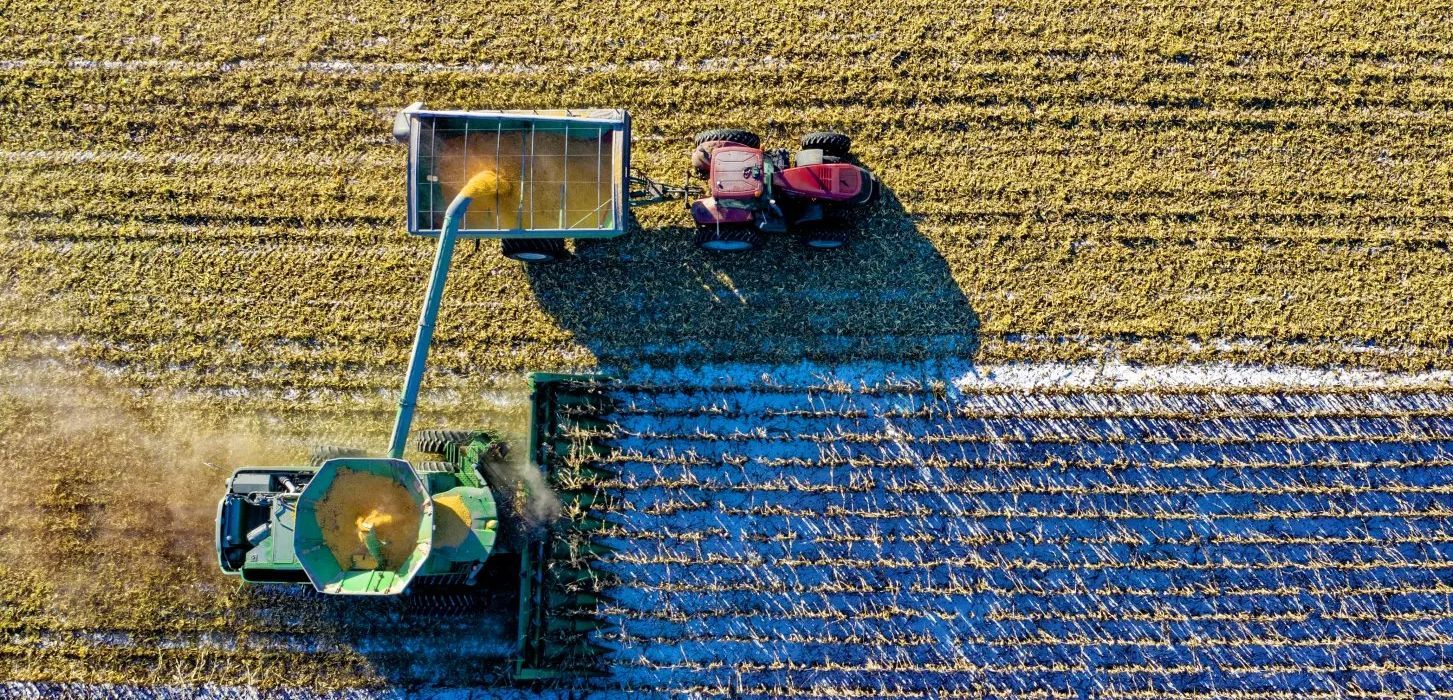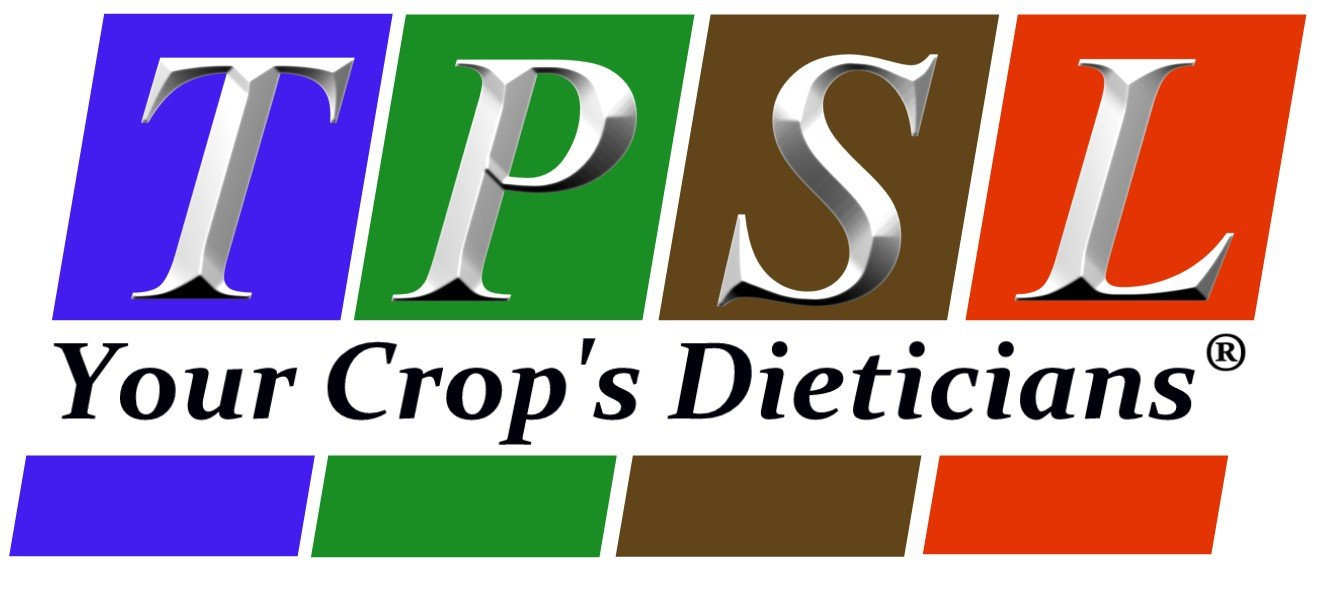Precision Agriculture & Soil Testing
The Secret to Sustainable Farming

In today’s rapidly evolving agricultural landscape, farmers and commercial producers face an ever-growing challenge: increasing yields while maintaining soil health and sustainability. The key to achieving this balance lies in precision agriculture and soil testing—a science-driven approach that optimizes resource use, reduces waste, and ensures long-term farm profitability.
At TPS Lab, we understand that every field is unique. By implementing precision soil testing, farmers can make informed decisions that not only boost crop productivity but also preserve environmental integrity. Let’s explore how this innovative practice is transforming modern farming.
What Is Precision Agriculture? Precision agriculture is a data-driven farming approach that utilizes technology to assess and manage field variability. Unlike traditional blanket farming methods, precision ag customizes treatments (fertilizers, irrigation, pest control) based on the specific needs of different areas within a field. This minimizes waste, lowers costs, and increases efficiency.
One of the cornerstones of precision agriculture is soil testing—an essential step that provides insights into soil composition, nutrient levels, and overall health. Without it, farmers are blindly applying fertilizers and treatments, often leading to nutrient imbalances and financial losses.
How Soil Testing Enhances Precision Agriculture Soil testing is more than just a routine check-up—it is the foundation of a precision-based farming system. Here’s how:
- Optimized Nutrient Management
- Soil tests provide a detailed breakdown of essential nutrients (N, P, K, pH levels, micronutrients) in different areas of the field.
- With this data, farmers can apply fertilizers more accurately, ensuring crops receive the exact nutrients they need—no more, no less.
- Reduced Input Costs & Higher Yields
- Unnecessary fertilizer applications lead to waste and extra costs. Soil testing prevents overuse, maximizing every dollar spent on inputs.
- Healthy, well-balanced soils promote stronger plant growth, resulting in higher yields and improved crop quality.
- Improved Soil Health & Sustainability
- Continuous farming depletes soil nutrients over time. Precision soil testing helps farmers replenish what is missing, avoiding long-term degradation.
- Maintaining soil health reduces the need for excessive chemical applications, leading to eco-friendly and sustainable farming practices.
- Site-Specific Crop Recommendations
- Different parts of a field may have varying soil compositions. Precision soil testing allows for customized seeding and fertilization plans, ensuring maximum efficiency.
- Enhanced Water Management & Drought Resilience
- Soil testing identifies moisture retention capacity, guiding better irrigation strategies to conserve water and protect crops during dry seasons.
The TPS Lab Advantage:
Taking Precision Farming to the Next Level At TPS Lab, we offer advanced soil testing services that go beyond basic analysis. Our detailed reports provide actionable insights to help farmers and agronomists make precision-driven decisions.
- Custom Fertility Programs – Personalized nutrient management plans tailored to your soil’s specific needs.
- In-Depth Microbial Analysis – Assessing biological activity in your soil to optimize plant health.
- Real-Time Monitoring – Innovative solutions for tracking soil changes and adjusting strategies throughout the season.
- Expert Consultation – Our specialists work directly with farmers to interpret results and implement best practices.
Invest in Your Soil, Invest in Your Future
Precision agriculture, powered by scientific soil testing, is the key to sustainable, profitable farming. By making data-driven decisions, farmers can achieve higher yields, reduce costs, and protect their land for generations to come.
At TPS Lab, we are committed to providing the best soil testing solutions to help you grow smarter, not harder.
🌱 Ready to optimize your farm’s potential? Contact TPS Lab today to schedule your precision soil analysis!



